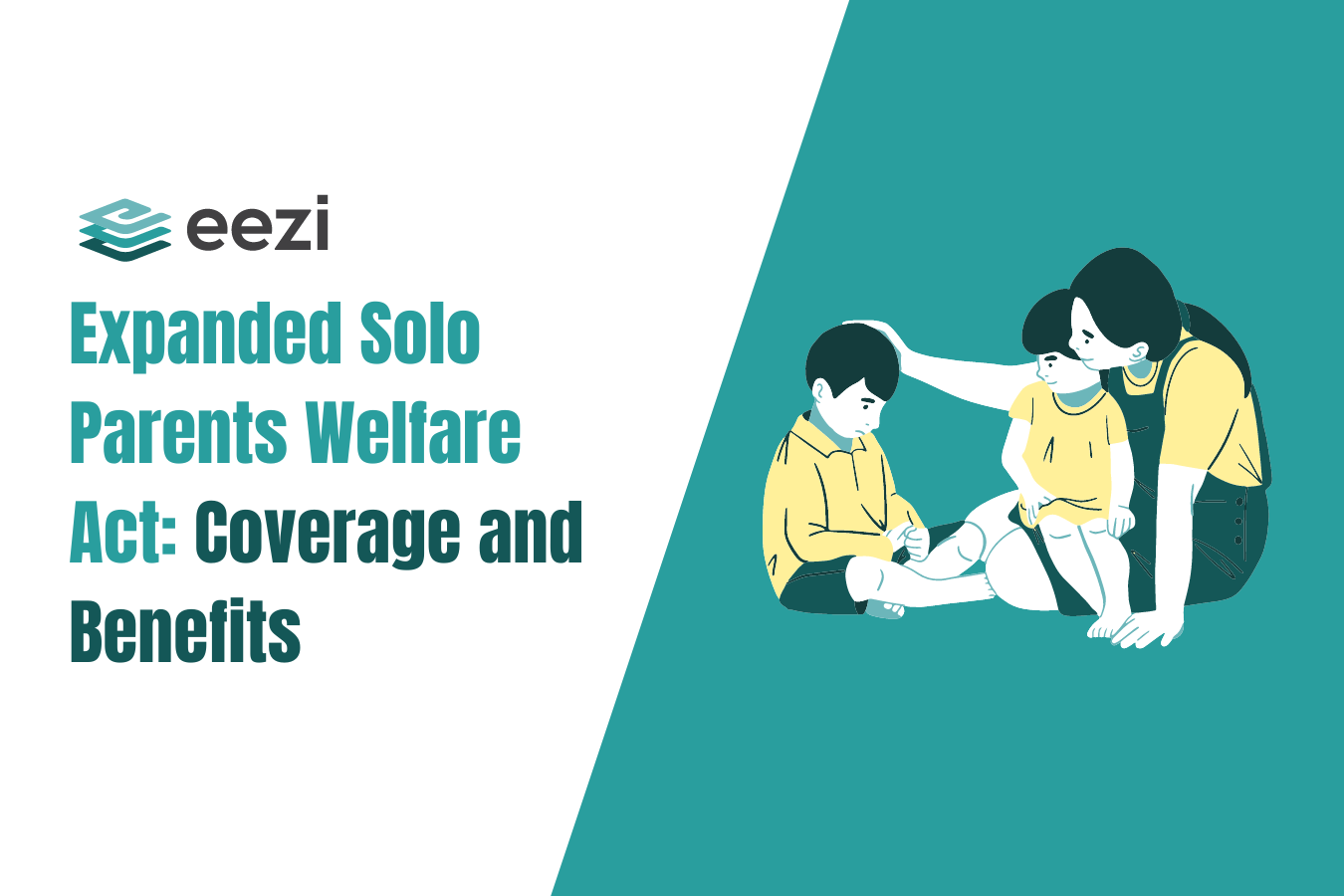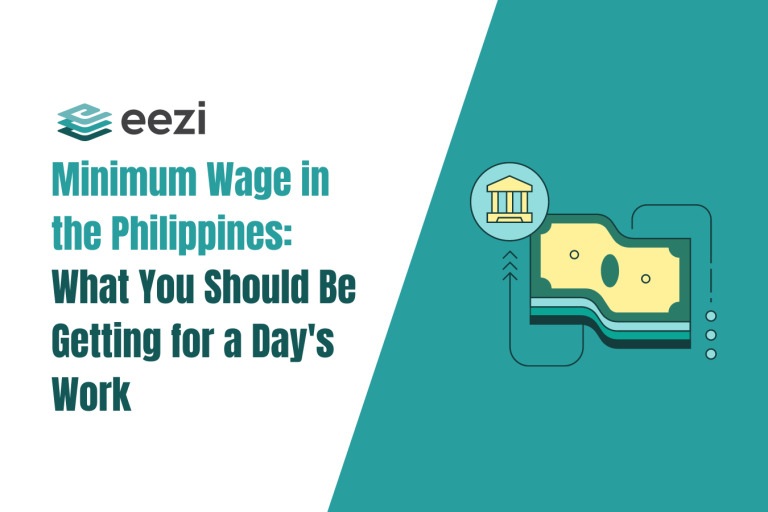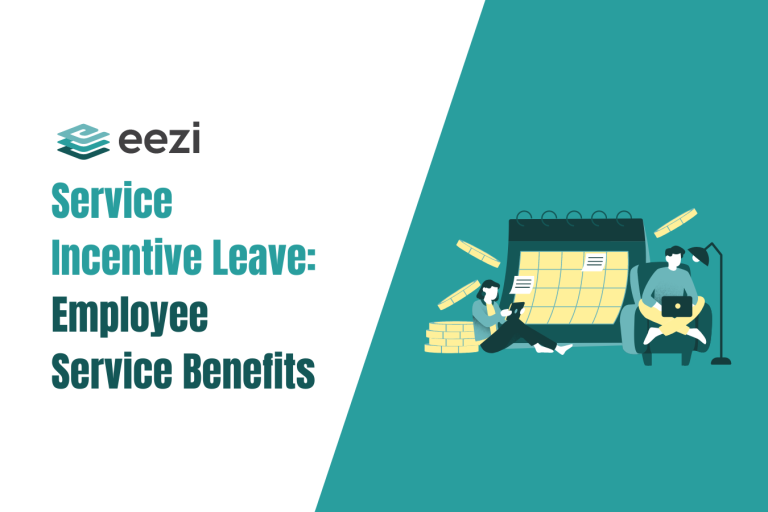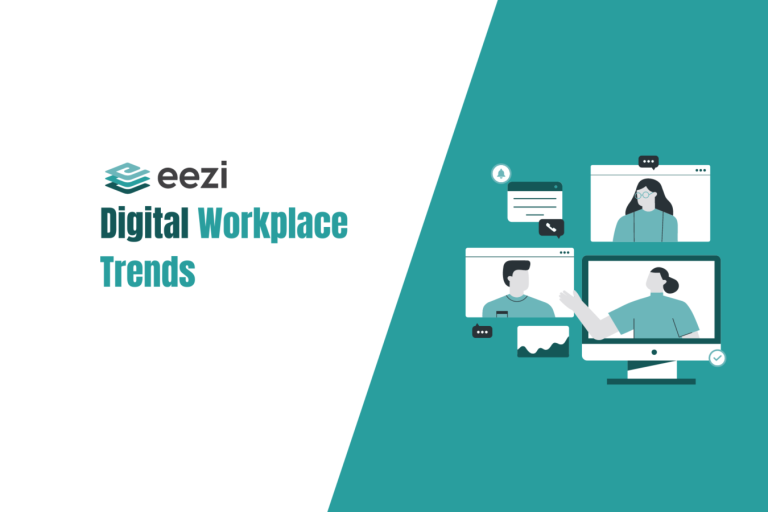All about the Expanded Solo Parent Welfare Act, its coverage, and its limitations.

The Department of Social Welfare and Development (DSWD) released the implementing rules of the Expanded Solo Parent Welfare Act last September 29, 2022.
This is to address the changing needs of solo parents in the Philippines. Moreover, the latest Expanded Solo Parent Welfare Act is an amended version of R.A. 8972 (Solo Parents Welfare Act of 2000).
The latest version proposes additional services and solo parent benefits for minimum-wage earner solo parents in the Philippines.
This amendment is in coordination with the Philippine Health Insurance Corporation, National Housing Authority, and other branches of the interior and local government.
Solo Parent Benefits Under the Expanded Solo Parents Act
The following are improved benefits that solo/single parents can avail of:
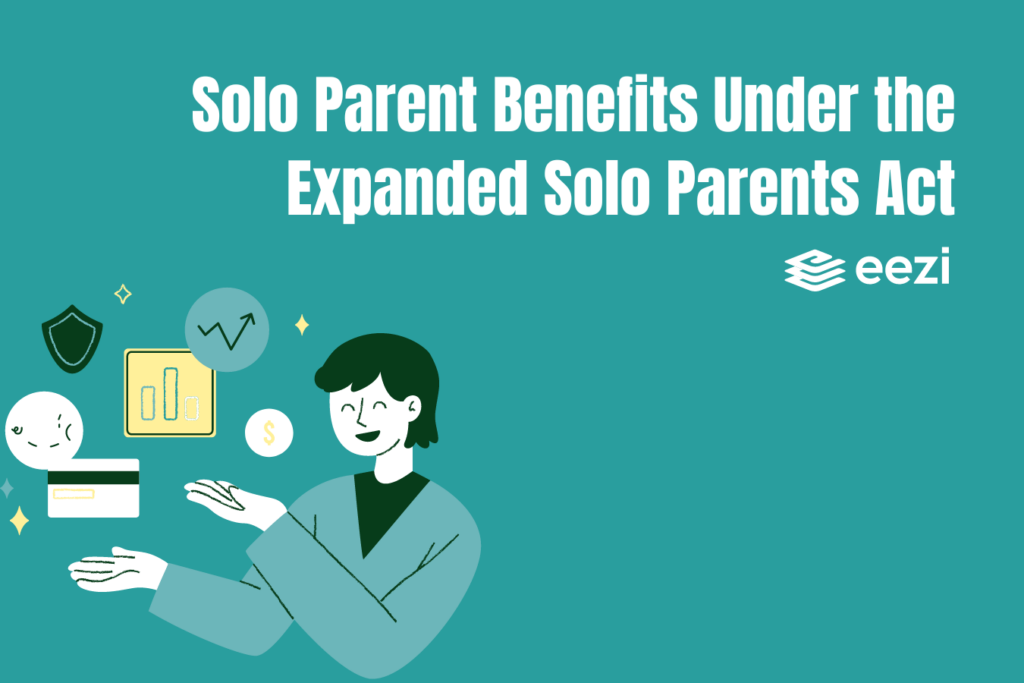
New Inclusion: Overseas Filipino Workers (OFWs)
Under the expanded Solo Parent Law, an OFW family member can now qualify as a solo parent. However, this only applies if the overseas worker belongs to the semi-skilled worker category.
Moreover, this is targeted to OFWs in the low or semi-skilled categories who have been away from the country for at least 12 months. Lastly, relatives can also assume the role on the migrant worker’s behalf.
Cash Assistance Program
Solo parents in the low-income bracket shall receive a subsidy of Php 1,000 monthly.
They can claim this subsidy from their local government units. To qualify, the single parent must meet the following requirements:
- A Philippine resident who is not receiving other government financial aid
- Earning a minimum wage salary
- Have a dependent child who is under 18 years old. (This may extend to 22 years old if the dependent is pursuing tertiary education)
Discounts and Exemptions
Since solo parents pay for the household needs of their children in general, they may also avail of discounts under the law.
Eligible solo parents earning less than Php250,000 annually have a ten percent discount and exemption on value-added tax.
However, this only applies when purchasing the child’s basic needs and duly prescribed medicines from the time of birth until the child turns six years old.
Low-Cost Housing Benefits
Solo parents who are earning below the minimum wage have priority in public housing projects. They may request assistance from the NHA, which can grant affordable housing and financial assistance.
Insurance Coverage
Solo parents get automatic coverage under PhilHealth’s National Health Insurance program.
Solo Parents Leave
Beneficiaries can have additional parental leave credits of up to 7 days at work on top of the regular credits the company provides.
Moreover, the solo parent must be in the company for at least a year. Additionally, this benefit is not convertible to cash.
When applying this leave, the solo parent must submit a formal notice to their employer for the leave application. Moreover, it must follow the time and manner that the contract or employee handbook recommends.
Full School Scholarship
The children of solo parents are also entitled to full academic scholarships courtesy of the Department of Education (DepEd), the Commission on Higher Education (CHED), or the Technical Education and Skill Development Authority (TESDA).
Beneficiary Selection
Solo parents with low-income backgrounds also have priority in the Pantawid Pamilyang Pilipino Program (4 Ps) beneficiary selection. However, their income must be below the prescribed poverty line.
Note: Members who want to avail of the benefits above must have a non-expired/valid solo parent ID.
Legal Basis
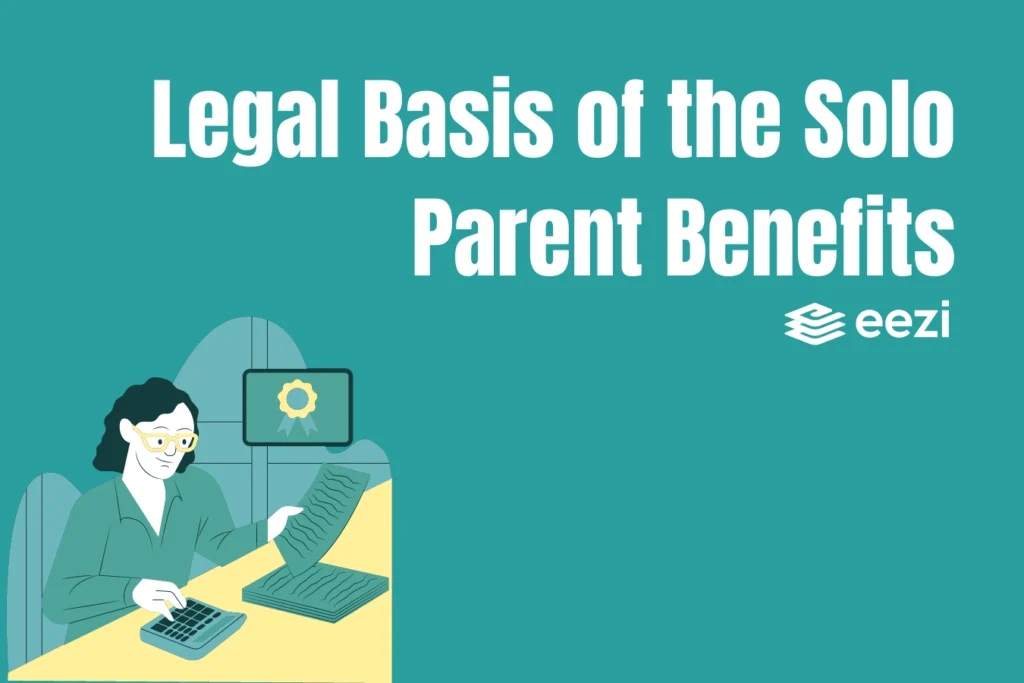
The Solo Parent Welfare Act of 2000 (Republic Act 8972)
The Solo Parents Welfare Act, also known as R.A. 8972, was passed in 2000 to address concerns related to being solo parents in the Philippines.
The act aims to:
- Prevent discrimination against solo parents and their children and recognize their rights without comparison to traditional family units.
- Ensure that local authorities and government agencies offer sufficient social protection programs, educational support, and social welfare and development initiatives.
- Provide targeted interventions, medical supplements, and cash assistance programs to assist solo parents in fulfilling their parenting responsibilities.
The Expanded Solo Parents Welfare Act of 2022 (Republic Act 11861)
The implementing rules and regulations of RA 11861 aim to expand the existing solo parent benefits to further empower solo parents and enhance their social welfare.
The implementing rules and regulations include financial support for qualified solo parents, such as monthly cash subsidies, crisis management, technical education, duly prescribed medicines, and other medical supplements.
Higher education and scholarship programs, ego-building, self-concept and spiritual nourishment, and low-cost housing projects are also available.
Inside the Expanded Solo Parent Act
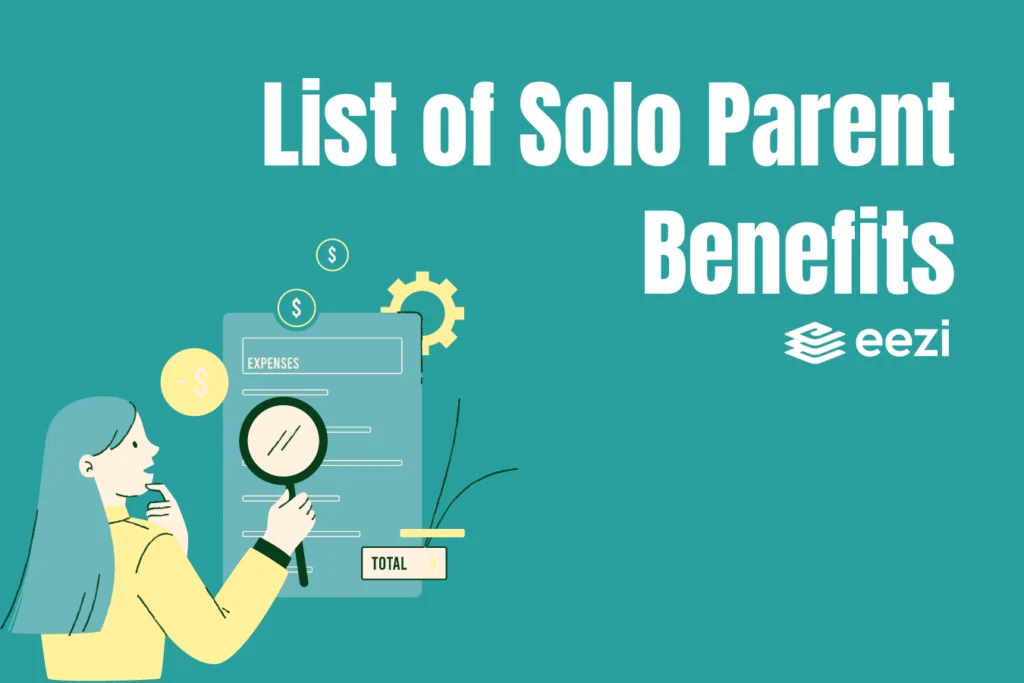
Livelihood Development: This covers livelihood skills training and augmentation programs facilitated by the Skills Development Authority.
Basic Business Management Skills: Beneficiaries may receive training in basic business management, seed capital for starting a business, and assistance in finding employment.
Assistance in Crisis Situations: The law provides support for medical, burial, educational, or transportation services during crisis or life-threatening situations.
Counseling Services: Counseling services are offered at the individual, peer, group, or family levels by the Department of Social Welfare and Development (DSWD).
Parental Effectiveness Assistance: This includes training in behavior management, health care, nutrition awareness, and guidance on the rights, privileges, and responsibilities of solo or single parents.
Interventions: These may involve stress debriefing and coping strategies and management techniques.
Protection and Shelter: The law includes provisions for the protection and provision of temporary shelters, legal assistance, medical care, and other forms of support.
These expanded provisions aim to provide holistic assistance to solo parents, addressing their various needs and challenges, and improving their overall well-being.
Who Qualifies as Solo Parents?
Under the original Solo Parents Welfare Act of 2000, the following circumstances qualify a parent as a solo parent:
- A woman who gives birth to a child as a result of violence or a crime against chastity, such as rape, so long as that the mother decides to keep and raise the child.
- A parent who is left to care for and raise their child/children due to the following situations:
- The other spouse is dead.
- The spouse is serving a criminal sentence and is convicted for at least one year.
- The spouse is physically or mentally incapable of fulfilling their parental responsibilities and is certified by a legally recognized medical practitioner.
- Legal and/or de facto separation of spouses for at least one year, so long as that parent is legally granted custody of the child/children.
- Marital annulment or a legal declaration of nullity of marriage, as decreed by court or church, so long as that parent has legal custody of the child/children.
- An unmarried man or woman who chooses to rear the child/children instead of putting them up for adoption or leaving them in the care of a welfare institution.
- Any person, regardless of biological relation, who chooses to take responsibility for the welfare and care of an underage child/children.
- Family members who assume the role of head of the family due to the death of the child/children’s parents, abandonment, or prolonged absence.
How to Apply for the Solo Parent ID Card
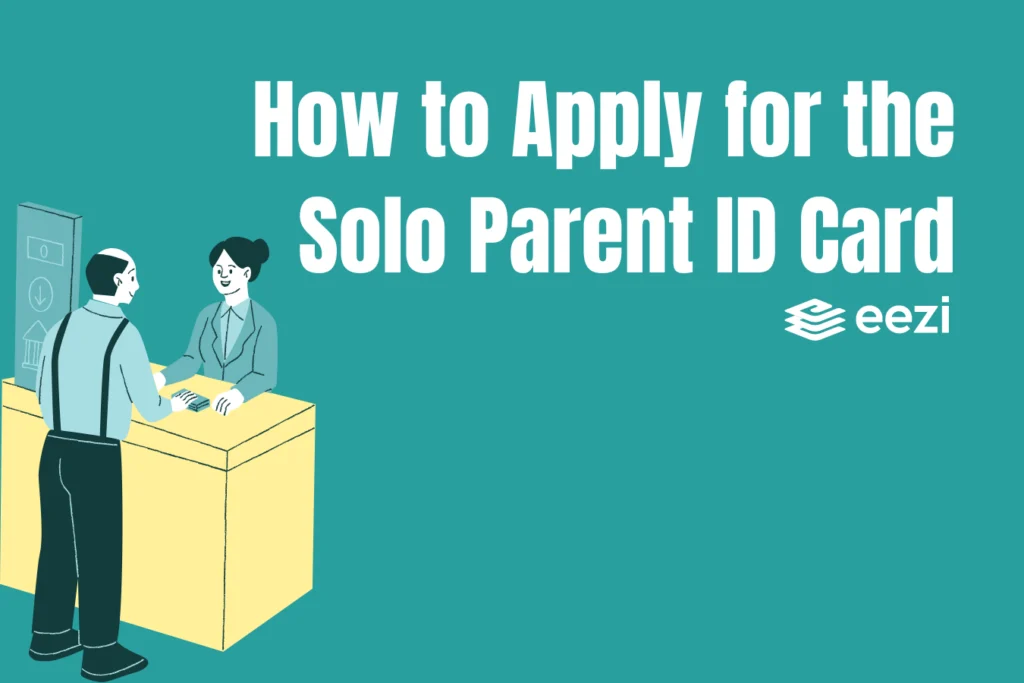
The Solo Parent ID is a piece of document that the Philippine government accepts and deems as a valid government-issued ID.
Solo parents can use their solo parent ID as proof of identification and for transactions that require an ID that is recognized by the government.
However, if the holder of the solo parent ID gets married or remarried, the government has the authority to revoke the validity of the ID.
Here are the steps on how to apply for the ID:
- Gather the documents required for Solo Parenting.
- Fill out and complete the Application Form for the Solo Parent ID.
- Submit the accomplished documents to the DSWD office in your city or municipality.
- Pay the required fees.
- Wait for the 30-day assessment and evaluation.
- Claim the Solo Parent ID at the DSWD office.
Requirements When Applying for a Solo Parent ID
Proof of Status as a Solo Parent
- Death Certificate issued by the Philippine Statistics Authority (PSA) if the spouse of the applicant is deceased.
- Jail Records or Certification of Detention from the local Bureau of Jail Management and Penology (BJMP) where the spouse is detained.
- Medical certificate from an accredited public medical practitioner for spouses who are incapacitated.
- Legal and duly signed declaration of separation, annulment, or nullity from the local Regional Trial Court (RTC) in the province or city where the separated spouses reside.
- A Certificate of No Marriage Record (CENOMAR) from the Philippine Statistics Authority (PSA) for solo parents who have never been married.
Income Proof of the Solo Parent
- Copy of an Income Tax Return (ITR), or any document that shows the annual income of the solo parent applicant
- Certificate of Indigency of the solo parent (if applicable)
Residency Proof of the Solo Parent
- Barangay Certificate
- Any government-issued ID that indicates the permanent residence of the solo parent applicant
Proof of Solo Parent Custody
- Original copy of the Birth Certificate issued by the PSA for each child/children under the custody of the solo parent applicant
Supporting Documents
The following may be required by the Department of Social Welfare and Development (DSWD) on a case-to-case basis:
- Medical certificate of the solo parent and the child/children with special needs
- Certificate of employment of the solo parent, if applicable
Additional Benefits for Persons Bearing a Solo Parent ID
Solo parents with their IDs can avail of the following benefits and additional assistance from the government:
Flexible Work Schedule: Solo parents are entitled to a flexible work schedule due to their familiar obligations. Employers are encouraged to extend consideration to solo parents and offer them flexible employment options to accommodate their unique parental responsibilities.
Parental Leave: Solo parents are eligible for seven days’ worth of solo parent leave per year. However, this leave type is non-cumulative and not convertible to cash. Solo parents are required to apply for and use their solo parent leaves.
Educational Assistance: The government will give due consideration and educational assistance by granting scholarships to children of solo parents.
Price Reductions: Solo parents can avail themselves of reduced prices for basic commodities and medical assistance when buying from local drug stores, pharmacies, grocery stores, and other shops that sell goods and other basic commodities.
Monthly Cash Subsidy: Solo parents earning minimum wage are eligible to receive a monthly cash subsidy of Php1,000 from the government.
Limitations of the Solo Parent ID Benefits
- It is valid for a year only. To renew, the holder must go to any local DSWD office upon expiration.
- It is a valid government ID that can be used as proof of identification when transacting with private and government sectors.
- The ID be revoked for members who get married or remarried.
- Benefits will cease if the children are given up for adoption.
Provide complete benefits to solo parent employees
With eezi, computing time offs for your solo parent employees will always be timely and accurate.
